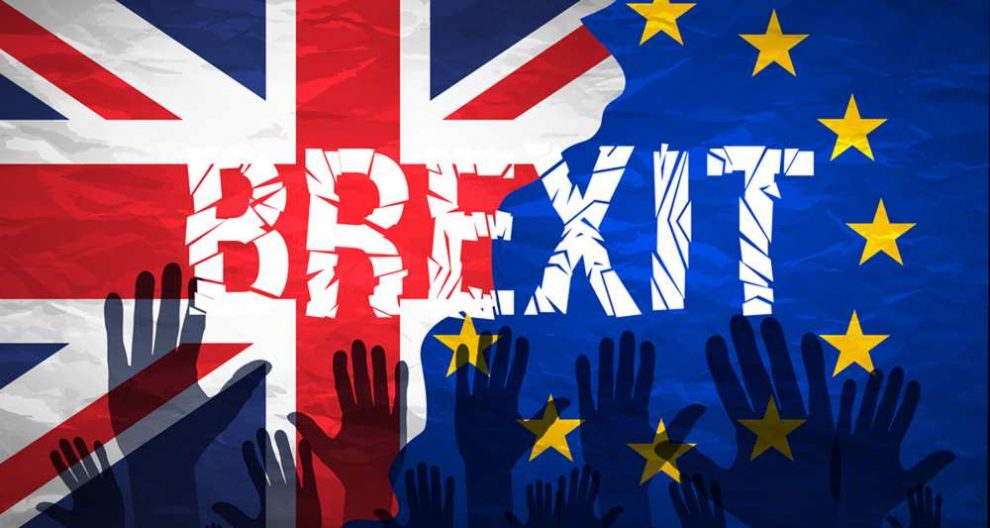UK played a vital role in development of ‘EU’s approach to data protection’ i.e. Data Transfer Pact, including negotiations on the settlement of General Data Protection Regulation (GDPR).
On Thursday, UK showed interest in cooperation with EU for acceptance of its said data protection rules in the negotiation. UK wants free and uninterrupted information/personal data flow as it has been detailed in government paper.
EU data is imperative to smooth flow of many UK law enforcement agencies and business firms.

What is Data Transfer Pact About?
UK government in its paper developed a UK-EU blueprint based on data exchange and protection. The document emphasized on ‘deep and special partnership’ for achievement of the mutual model. Moreover, UK government insisted upon having complete involvement of Information Commissioner for future EU’s regulated discussions.
The pact further maintains a possibility that UK-EU cooperation for recognition of data-protection rules of each other can become a basis for free and continuous data/information flow.
Long-term arrangements and rules can be implemented according to a mutually agreed timeline. These future plans will help businesses to plan their future moves based on future-laws.
But, UK’s surveillance approach will pose great concern for EU negotiators because of the Investigatory Powers Act that will act as a hurdle for businesses.
“[The paper overlooks] some important facts – the most important one being the Investigatory Powers Act which is likely to present a hurdle.”
The government announced earlier that it would be implementing EU’s GDPR within the British Law. The new laws will alert the businesses who often defy the rules. The business will have to pay bigger fines; consumers will be able to control their online information as well as that present in the databases of companies.
Matt Hancock,who is Minister for Digital data and information, declared his motives:
“We want the secure flow of data to be unhindered in the future as we leave the EU… So a strong future data relationship between the UK and EU, based on aligned data protection rules, is in our mutual interest.”

How much significant is UK-EU data transfer?
EU data need to be easily accessed by UK research institutes, law enforcement agencies and business firms to maintain the work flow. If data transfer is interrupted or hindered at any point, UK will have a ‘competitive disadvantage’ and its policing agencies will lose an easy and quick access to vital information and intelligence mechanisms.
UK has the ‘largest internet economy as percentage of GDP out of all the G20 countries’ so that smooth and free data flow may be carried out.
Possible outcomes of Data Transfer Pact
The Investigatory Powers Act 2016 is definitely a ‘security nightmare’ because it needs to be amended before EU can accept UK data transfer pact. There’s great impossibility that EU will agree for any amendments and data flow can be completely blocked for UK, says Dr Mc Cullagh. In case UK departs from EU, UK will be out of ‘EU-US Privacy Shield’ which makes EU data high at risk.












